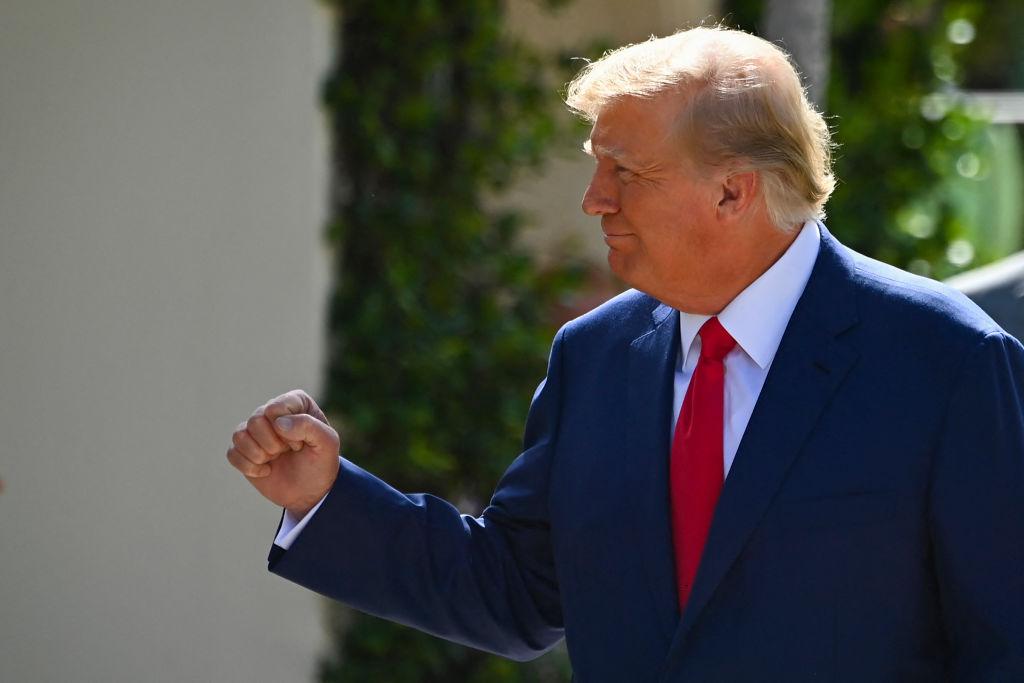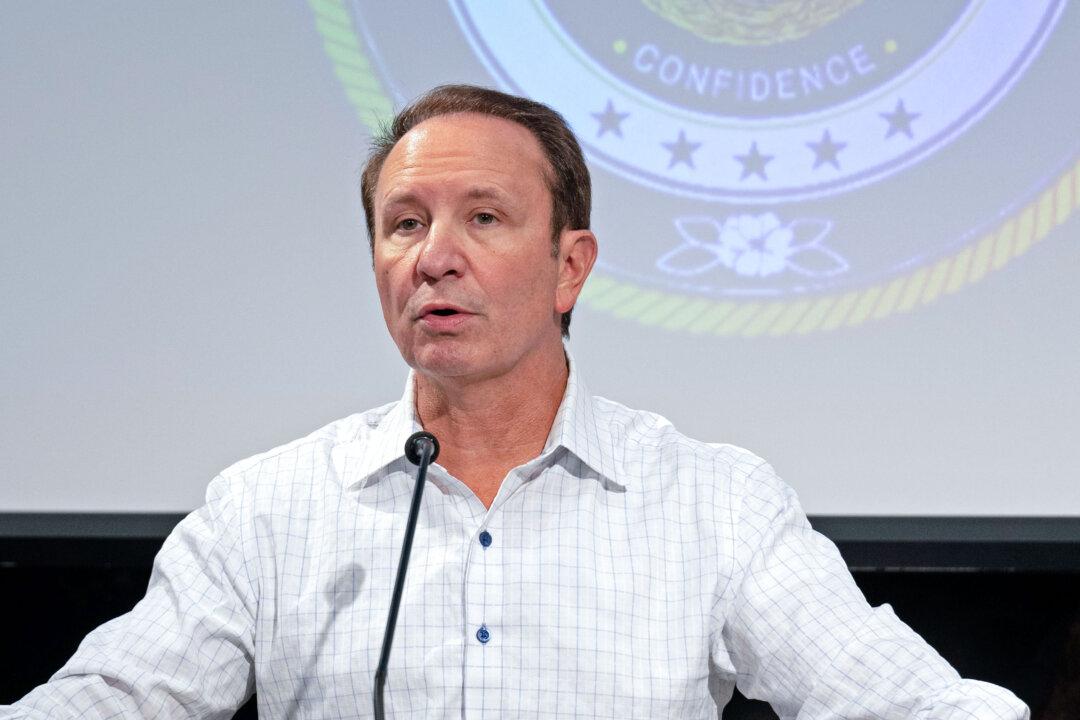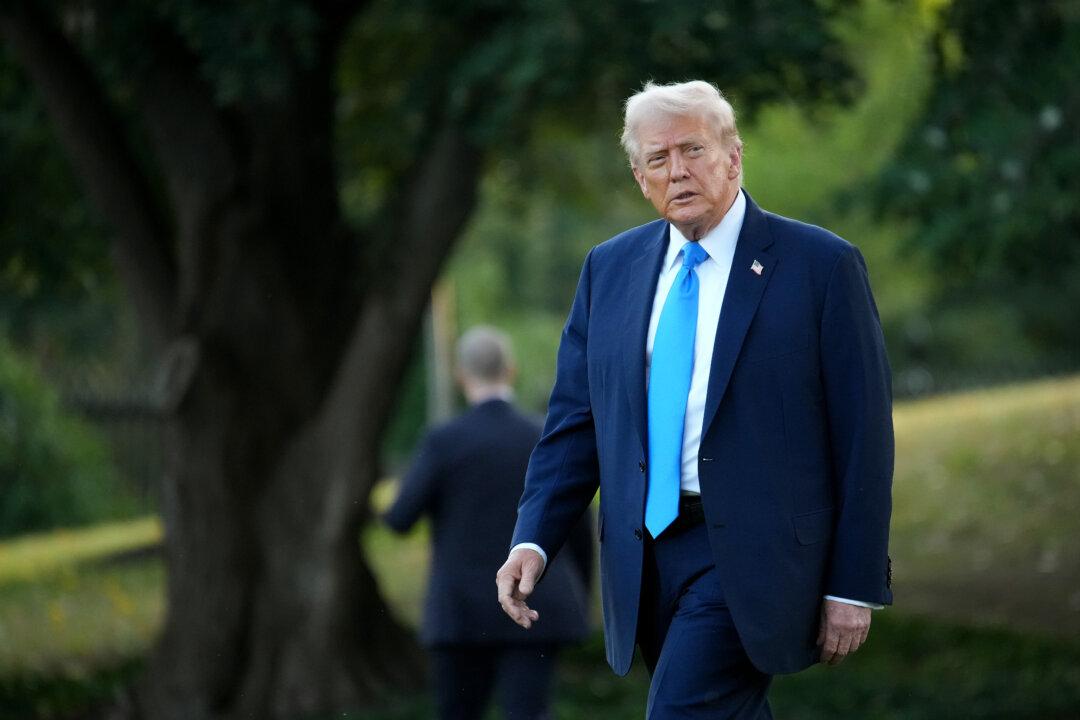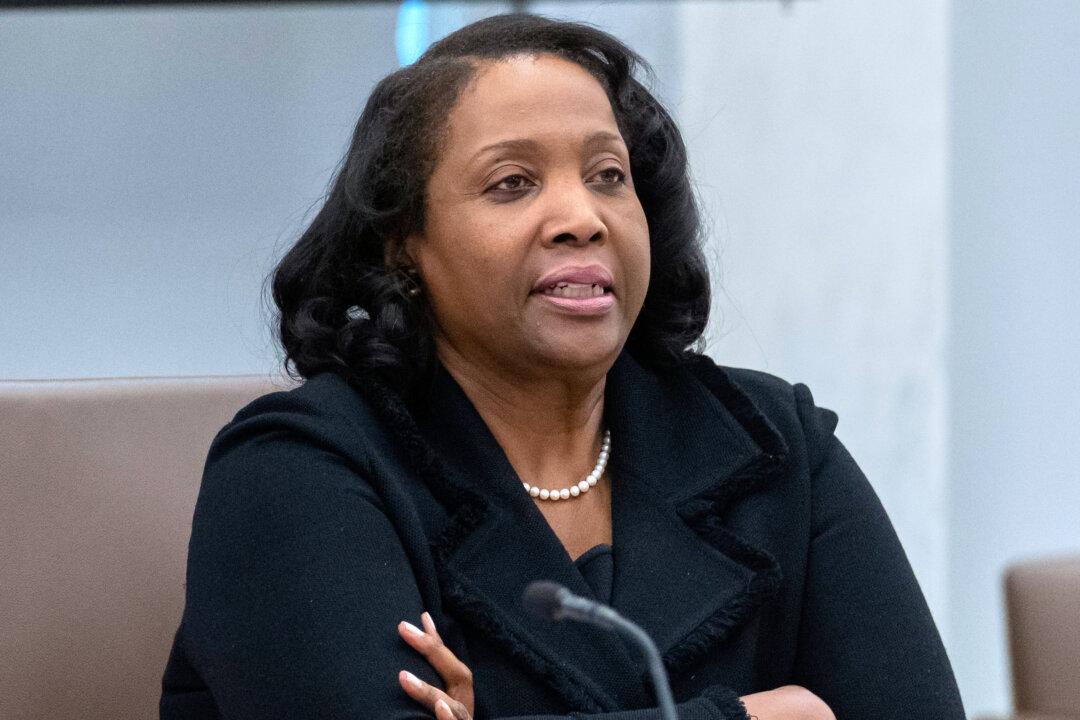Former President Donald Trump is questioning the “bias and motive” behind a defamation suit against him by a New York writer after learning the lawsuit is funded by a Democrat megadonor, Reid Hoffman, court filings on April 13 indicate.
The development is the latest in the legal saga between Trump and writer E. Jean Carroll that, according to Trump’s lawyers, taints Carroll’s case with political undertones.





